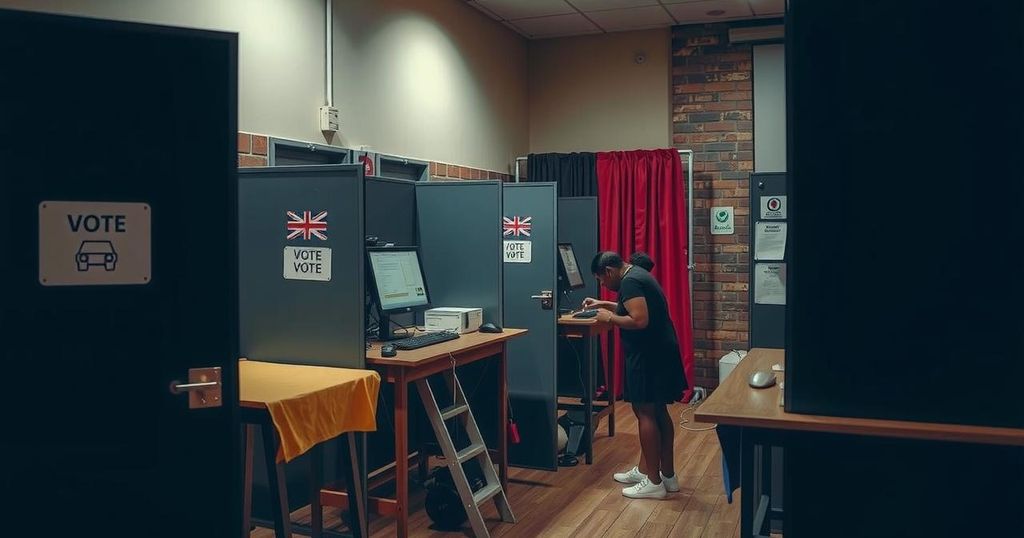Namibia has extended voting for its presidential and parliamentary elections due to ballot paper shortages, prompting opposition complaints over the legality of this decision. The vice president seeks to become the first female president amidst growing discontent from the electorate, particularly the youth, regarding economic opportunities and electoral integrity.
Namibia’s electoral agency has announced an extension of voting for the presidential and parliamentary elections due to a shortage of ballot papers. Polling stations, initially scheduled to close on Wednesday, will now remain open until Saturday evening, a decision that has provoked allegations of illegitimacy from the main opposition party, the Independent Patriots for Change. The electoral commission attributes the logistical failures to unforeseen challenges, with many voters experiencing difficulties accessing polling stations due to the delays.
Netumbo Nandi-Ndaitwah, the vice president and candidate from the ruling South West Africa People’s Organization (SWAPO), aims to potentially become the nation’s first female leader. However, she encounters significant opposition from a youthful electorate dissatisfied with the prevailing economic conditions in a country rich in natural resources but plagued by inequality. Reports indicate persistent long queues at polling locations, particularly in rural areas, where ballot paper deliveries are still pending. Voters express frustration over repeated attempts to cast their votes, drawing parallels to a broader regional climate of political discontent following controversial elections in neighboring Mozambique.
The situation in Namibia exemplifies the challenges democratic systems can face, particularly in terms of electoral integrity and public trust. Despite a largely credible electoral history, recent issues highlight growing dissatisfaction among the electorate, especially young voters who feel disenfranchised by economic challenges. With approximately 1.4 million registered voters in a nation of around 2.5 million, the election outcome is crucial not only for political representation but also for addressing socioeconomic disparities. Historically, SWAPO has maintained a strong grip on power, yet increasing calls for reform suggest a potential shift in political dynamics.
The extension of election voting in Namibia due to ballot paper shortages underscores significant logistical challenges faced by the electoral commission, leading to claims of illegitimacy from opposition parties. This incident highlights the increasing dissatisfaction among Namibia’s electorate, particularly the youth, with the ongoing socio-economic issues, and raises questions about the future of political power in a country striving for equitable representation and governance.
Original Source: apnews.com






